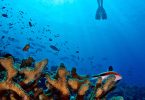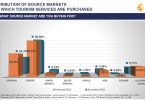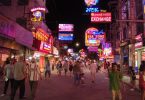Virus Super-Spreaders
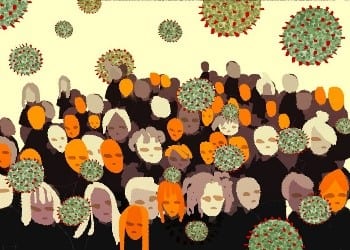
1. Tourism is about movement and transportation and acts as a vector for the distribution of pathogens at regional and global ports.
2. Tourism is a major source of emissions of greenhouse gases and increases the risk of pandemics directly and indirectly.
3. Food production patterns assist in the spread of pathogens and contributed to the outbreaks of the coronavirus, SARS, and MERS and industrialized food production has been linked to animal disease outbreaks.
4. Tourism-linked businesses source their food from global markets, preferably at the lowest possible costs, and, as they produce high volumes of the food waste linked to tourism operation, this sector is a critical vector of pathogens that make people sick and die.
5. Political instability and disease outbreaks can influence travel destinations, sometimes abruptly and the hotel, travel and tourism industries are major players in the politics and policies of the communities in which they do business and yet remain silent on healthcare issues, sustainability, practices and procedures.
Сапаттуу vs. саны
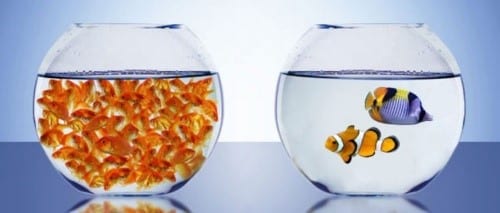
The success of tourism is noted by the growth in numbers and “quantity” is used as a bell-weather by UNWTO, ICAO, CLIA and WTTC. Global growth agendas appear to be driven by individuals and large businesses profiting from growth models – specifically industries represented by ICAO, CLIA and WTTC and encouraged by aircraft manufactures (Boeing and Airbus) as well as national DMO’s and individual large tourism corporations; however, the growth model is not good for world health.
Tourism and hospitality industries are viable when visitations increase; therefore, considerable efforts are made by decision-makers to attract visitors to support the sector and enhance the multiplier effects. The ongoing health crises and its related travel restrictions on national and international levels has created a critical moment for the re-evaluation of the industry model. From travel bans and border closures to event cancellations, quarantine requirements and the fears associated with catching and/or spreading the virus, extreme challenges are evident; however, there is little evidence of leadership with suggestions for leading to a new and improved tourism industry.
Тизме
The current pandemic is an opportunity to reconsider tourism’s growth trajectory and to question the logic of more arrivals implying greater benefits. The shrinking of the tourism industry sector is especially egregious because it generates foreign exchange, supports jobs and businesses, drives regionals development and supports local communities.
Before the pandemic, the sector directly contributed 4.4 percent of GDP, 6.9 percent of employment and 21.5 percent of service exports in OECD countries, on average. In some countries the tourism contributions were much higher as a driver of economic activities including France (7.5 percent of GDP), Greece (6.9 percent), Iceland (8.6 percent), Mexico (8.7 percent), Portugal (8.0 percent) and Spain (11.8 percent). Nations are being forced to rethink their entire economy, looking at new and unique ways to generate viable cash flows for their struggling economies.
Not everything about the pandemic has been destructive and there have been positive outcomes of the crises. As a result of decline in demand for flights, airlines have been phasing out old and inefficient aircraft, and carbon foot-prints have been reduced. In addition, the view of mobility has changed as countries without full lockdown appear to have seen a significant increase in cycling and outdoor activities, and video conferencing has reduced transport demand among business travelers and students.
Innovative? Perhaps!

Tourism in its current form is not resilient; profitability and liquidity are often marginal because of overcapacity in air transport and accommodations which can be linked to subsidies, market deregulation and the disinterest of policy makers to address disruptive developments such as Airbnb. Unfortunately, the new normal will be an attempt to overcompensate for lost revenue although he global recession (depression) austerity will prompt for calls to cancel existing attempts to introduce model carbon pricing, sustainability, handicap accessibility, etc. Competition will lead to price driven marketing efforts and not to the development of new and better products.
Consumer behavior is being influenced by changes in personal economic wellbeing and disposable income, variations in the cost of living, perceived health risks and new interests – sparked by a year of COVID-19 and its attributes (i.e., quarantines, social distancing, illness, death). The tourism industry will be motivated by a desire to fill rooms and offset deficits while consumers – creating a disconnect between the interests of business and the target market(s). It is likely that the tourism industry will revert to its previous mantra “heads in beds” and not listening closely to the traveler who has an increased interest in environmentally friendly travel experiences (McKinsey and Company, 2020).







